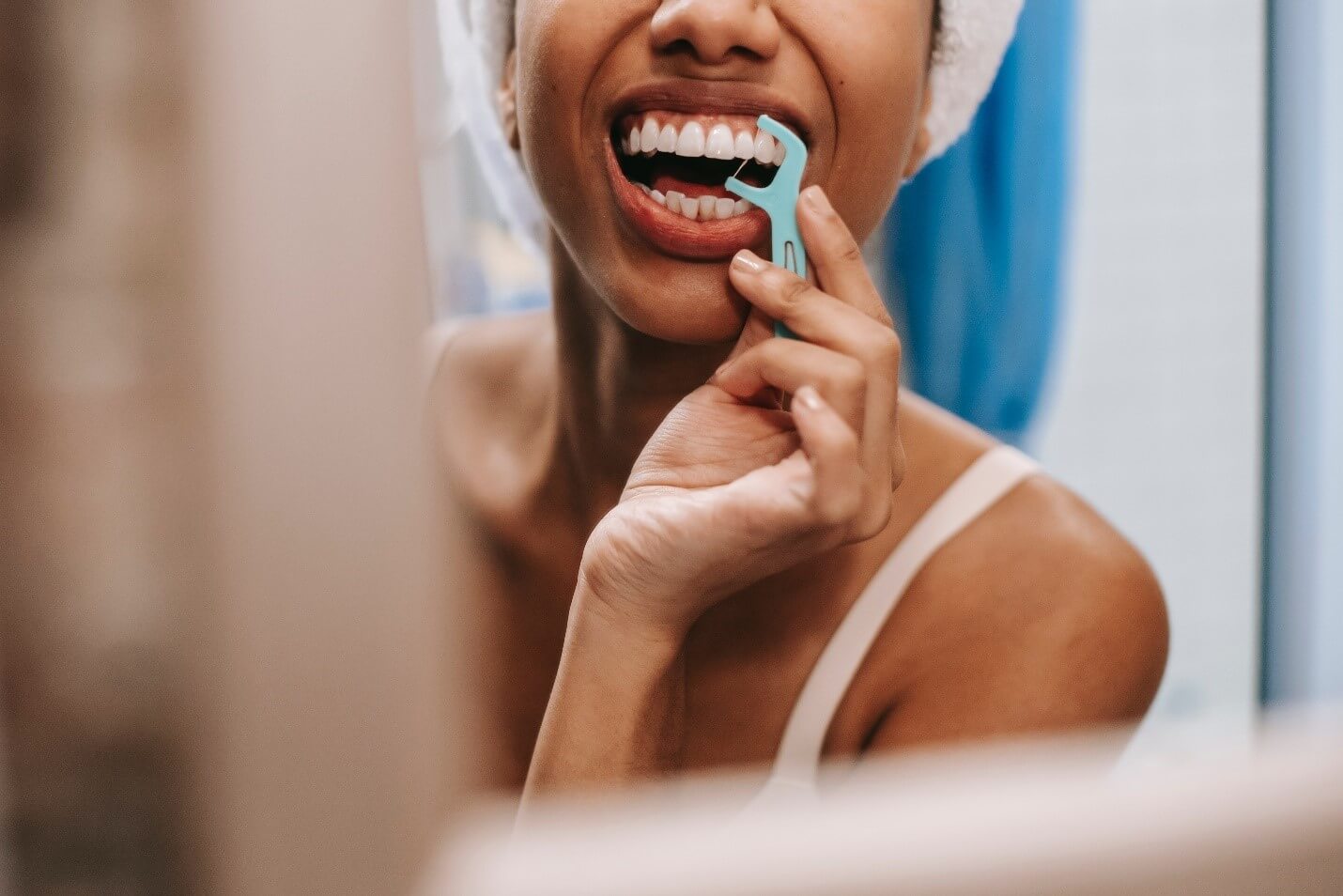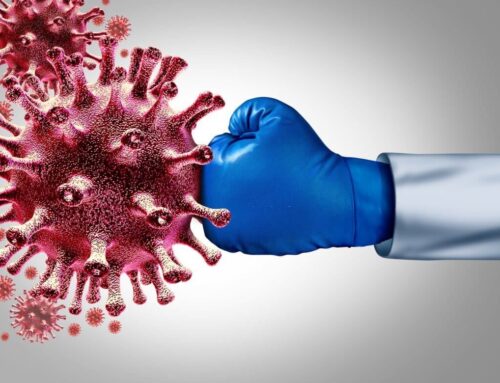Your mouth is the gateway to your body, and the teeth act as the doormen. They are the first thing a person sees when you open your mouth. At the same time, they are also the first part that meets food and drinks before they enter your body. And it’s not just your teeth but the entire oral cavity, including the gums and tongue. Together these body parts serve several essential functions like aiding in digestion and fighting harmful bacteria from entering the body.
Given its functionality, looking after your oral health is imperative. From brushing twice to flossing at least once a day and visiting a dentist regularly, you can take several steps to maintain the health of your oral cavity. Canadians, in general, show a growing inclination toward caring for their teeth and gums, with data from Health Canada’s Report on the Findings of the Oral Health Component of the Canadian Health Measures Survey showing that the percentage of the population that consults a dentist on a regular basis has gone up from 49.5% to 74.5% in the last 4 decades.
Is oral hygiene a priority for you too? Well, here are some tips to look after your teeth and gums:
1. Start with a visit to your dentist for an assessment
This may sound like a strange first step in starting better oral hygiene, but it is essential for many reasons. Professional dentists in Canada, like the ones at The Dental Team, provide not just solutions when you have a problem with your teeth and gums, but also offer extensive consultation. Sitting down with a dentist allows you to learn your baseline. It offers answers to several questions, like what the current condition of your oral cavity is. Are there any budding issues that may develop into significant problems over time? Is there any other underlying problem with your teeth or not?
These, along with numerous other queries and insights that a professional dentist provides after a thorough assessment, help set the foundations for you. As a person committing you better oral hygiene, you know the things that are important to look out for, like, for instance, the foods that are part of your daily life but are a major source of cavities. At the same time, you know the proper brushing techniques and how often you need to floss on a regular basis. Together, the overall visit to the dentist beforehand can simplify a lot of things for you.
2. Brushing: twice a day, every day
This is something we are taught as kids, but somewhere while growing up, the habit wears off. Some people brush once a day, while others don’t put any effort into it. This might seem like a small thing, but over time, ineffective brushing gives rise to cavities which can even go as far as making teeth fall out. In order to avoid this hassle, experts recommend that no matter what happens, brushing twice a day is non-negotiable. It is better to brush even after every meal to ensure no stubborn food particles are left suspended in your oral cavity.
These particles are food sources for bacteria to act on. As time goes by, the same bacteria can cause tooth decay which means inconvenience and pain for you. Dentists recommend that brushing at least twice a day and for two minutes can pay dividends. Try spending a minimum of 30 seconds in each quarter of the mouth, moving the brush in circular motions for the best results. Make sure you reach every surface and all the cavity areas for the best results.
3. It is important to floss at least once a day
Brushing twice a day is underrated, but flossing is something that has vanished from the lives of most people. This is mostly because few individuals know the benefits and appropriate techniques to floss properly. First of all, many food particles get stuck deep within the crevices and spaces in the oral cavity. Flossing is the only way to remove these, as the bristles of your brush will never be able to get to these places. Therefore, it is crucial to add flossing every night for two minutes to your oral care routine. If you have sensitive gums, flossing may hurt at first, but things will return to normal after a few days.
4. Avoid food and drinks that damage your teeth
One of the most important parts of a good oral hygiene routine is to take care of the things you eat. Beverages like soda and coffee, despite their popularity, are leading causes of teeth staining and cavities. Similarly, sticky, chewy candies and other food items laden with sugar cause damage to teeth and gums over the long run. It is best to not only avoid these foods, but also substitute them for healthier options like leafy greens, fruits, vegetables, and nuts. You can occasionally venture into the dangerous foods section, but make sure you immediately brush and floss extensively afterward.
5. Go beyond conventional toothbrushes and floss
For many people, oral care is about brushing only. For a few cleanliness freaks only, it means much more than that. However, everyone looking to take the best care of their teeth must expand their oral hygiene routine. This means not just brushing and flossing regularly but using other dental hygiene products as well. The type of products you get can vary, and your dentist can recommend the things they feel are most appropriate for you, depending on the current state of your teeth and gums. Common dental hygiene products include tongue cleaners, mouthwashes, interdental cleaners, and oral irrigators.
Conclusion
Healthy teeth and gums are your constant companions, but at the same time, neglected oral cavities are the complete opposite. Therefore, it is important to spend time looking after your teeth and gums to ensure they stay cavity-free for a long time. It doesn’t take much, either. Brushing for two minutes twice a day, flossing once for two minutes again, avoiding foods with high sugar content, and using various other dental hygiene products like mouthwashes can do the trick for you. Thanks to these simple changes in your routine, your teeth and gums stay shiny, strong, and healthy for a long period.





Leave A Comment